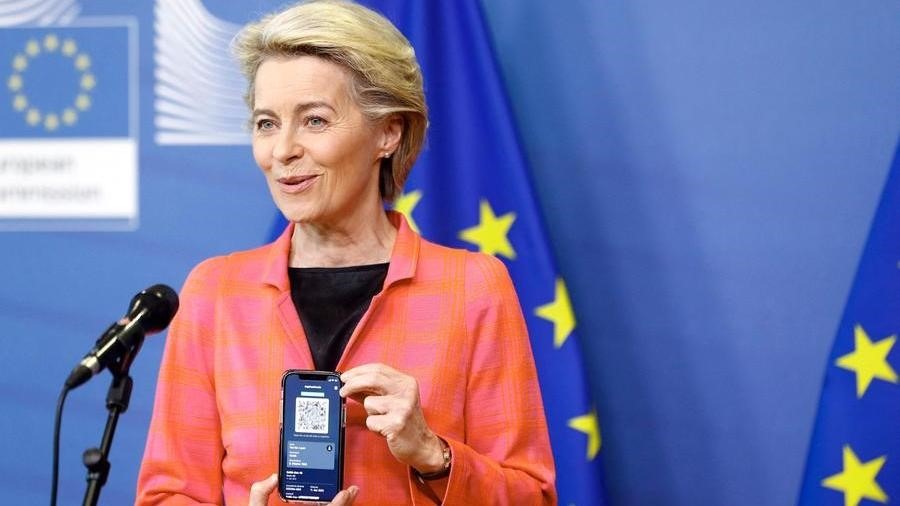Madrid / Brussels, 28 January 2022 – Access Info has hailed today’s decision by the European Ombudsman that Commission President Ursula von der Leyen’s text messages with the CEO of Pfizer about Covid vaccine purchases are documents to which the public can request access.
Access Info is calling for an urgent reform to ensure that the EU’s twenty-year-old access to documents rules are brought into line with the digital age.
Rather remarkably, the European Commission had told Alexander Fanta, a journalist with netzpolitik.org, that because it does not register text messages, these cannot be requested.
This refusal came to a request made on 4 May 2021 via Access Info’s AsktheEU.org platform, soon after President von der Leyen herself told the New York Times in April 2021 about the text exchanges.
The European Commission has been sticking to a clear line of refusing to consider text messages as documents, telling MEP Sophie in ‘t Veld on 18 January 2022 that text messages are “short-lived and ephemeral” in nature and therefore “neither qualify as a document subject to the Commission record-keeping policy nor are they falling within the scope of Regulation 1049/2001 on access to documents.” Ms in ‘t Veld immediately wrote to the European Ombudsman expressing serious concern about the consequences of this approach.
In her 28 January 2022 decision, European Ombudsman Emily O’Reilly makes clear that the rules define documents as “any content whatever its medium (written on paper or stored in electronic form or as a sound, visual or audiovisual recording) concerning a matter relating to the policies, activities and decisions falling within the institution’s sphere of responsibility.”
Access Info notes that in this case it was particularly important that the text messages be accessible given that they related to Europe’s number one priority at the time, namely the purchase of Covid vaccines to combat a pandemic that has claimed the lives of at least one million Europeans to date.
Helen Darbishire, Executive Director of Access Info said:
There is a clear need to reform and clarify the EU’s access to documents rules so that we don’t have this kind of problem again in the future. We see widespread resistance to apply the regulation to anything that isn’t a document in the traditional classical sense.
I sometimes feel that European officials would prefer that documents are still written on parchment and sealed with wax, but the reality is that decisions get taken following email, WhatsApp, and text exchanges, and the transparency rules must apply to all these exchanges.
Alexander Fanta, the journalist who took the complaint to the European Ombudsman stated:
I strongly urge the Commission to comply with the Ombudsman’s recommendations. Even Ursula von der Leyen’s phone must not be beyond public scrutiny if it is used to cut billion euro deals with pharma giants. Important documents regarding such deals can and must be disclosed to the public if the Commission wants to avoid political backlash.
The Commission has until 26 April 2022 to conduct a search for the requested documents and to respond to the European Ombudsman.
For more information, please contact:
Helen Darbishire | Executive Director |
Mobile / WhatsApp: +34 667 685 319

